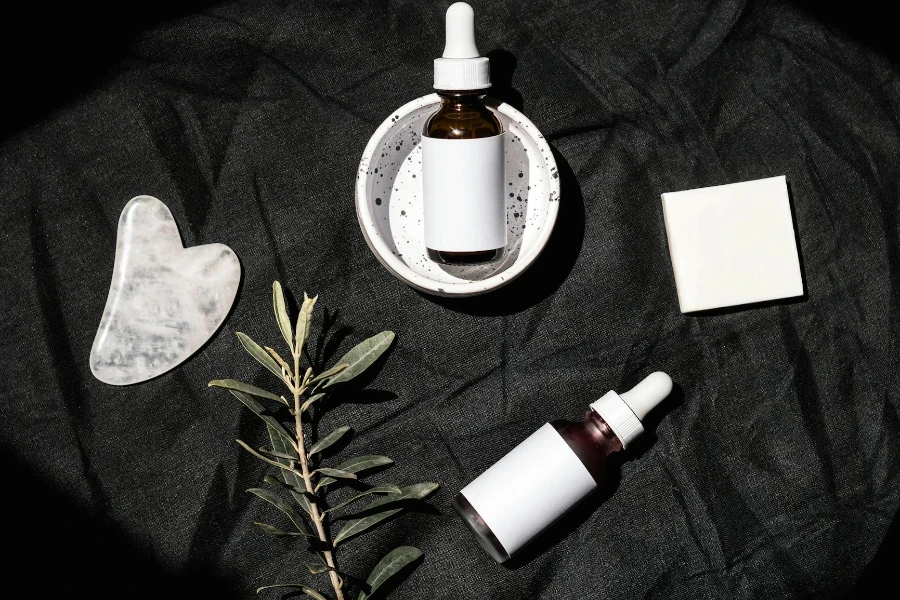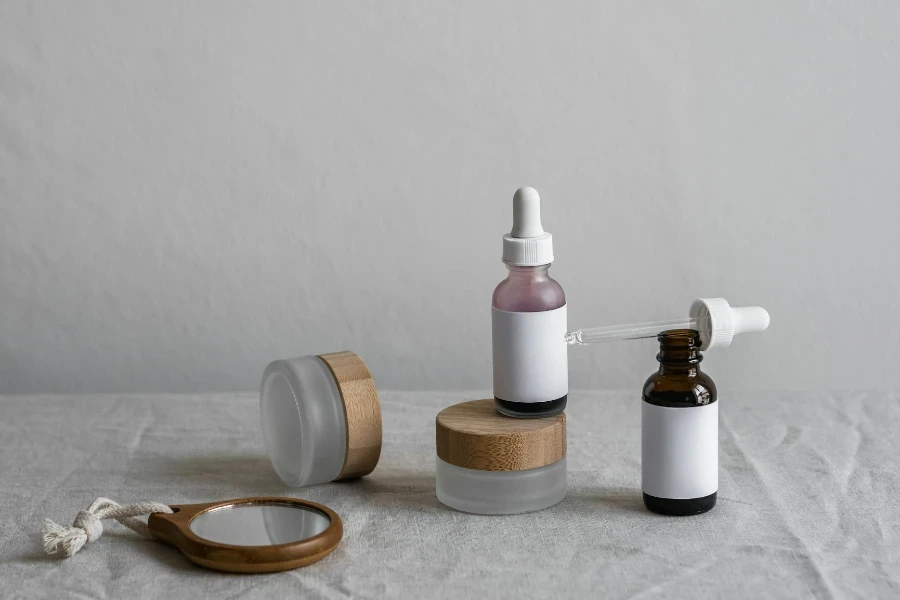The beauty and personal care industry is replete with ingredients promising to revolutionize skin care routines and deliver unparalleled results. Among these, retinol and retinoids stand out for their proven efficacy in addressing a plethora of skin concerns. However, the distinction between retinol and retinoids often becomes a source of confusion. This article aims to demystify these powerful ingredients, offering clarity on their benefits, differences, and how to integrate them into your skincare routine effectively.
Table of Contents:
– Understanding retinol and its benefits
– Exploring retinoids and their unique properties
– Retinol vs. retinoid: uncovering the differences
– How to choose between retinol and retinoid
– Incorporating retinol or retinoids into your skincare routine
Understanding retinol and its benefits:

Retinol, a derivative of vitamin A, has long been celebrated for its anti-aging and skin-renewing properties. It works by promoting cell turnover and stimulating collagen production, which can reduce the appearance of fine lines, wrinkles, and uneven skin tone. Unlike stronger retinoids, retinol is available over the counter and is generally well-tolerated, making it a popular choice for those new to retinoids or with sensitive skin.
Exploring retinoids and their unique properties:

Retinoids encompass a broader category of vitamin A derivatives, including prescription-strength formulations such as tretinoin. These potent compounds offer more pronounced benefits in terms of treating acne, reducing pigmentation, and combating aging signs. However, the increased potency of retinoids often comes with a higher likelihood of side effects, such as skin irritation, dryness, and sensitivity to sunlight.
Retinol vs. retinoid: uncovering the differences:

The primary distinction between retinol and retinoids lies in their strength and the speed at which they deliver results. Retinoids, being more potent, can offer quicker and more dramatic improvements in skin texture and appearance. However, this potency also means a greater risk of side effects. Retinol, on the other hand, provides a gentler approach, making it suitable for long-term use and for those with sensitive skin.
How to choose between retinol and retinoid:

Choosing between retinol and retinoids depends on several factors, including your skin type, concerns, and tolerance for potential side effects. For beginners or those with sensitive skin, starting with retinol and gradually building up tolerance is advisable. Conversely, individuals seeking more aggressive treatment for acne or signs of aging might opt for a retinoid, under the guidance of a dermatologist.
Incorporating retinol or retinoids into your skincare routine:

Integrating retinol or retinoids into your skincare regimen requires a thoughtful approach to minimize irritation and maximize benefits. It’s recommended to start slowly, applying the product once or twice a week and gradually increasing frequency as your skin adjusts. Additionally, using a moisturizer can help mitigate dryness, and applying sunscreen daily is crucial, as retinol and retinoids can increase photosensitivity.
Conclusion:
Deciphering the nuances between retinol and retinoids is crucial for anyone looking to enhance their skincare routine. By understanding the differences, benefits, and how to use these powerful ingredients, you can make informed decisions that cater to your skin’s unique needs. Whether you choose retinol for its gentle efficacy or retinoids for their potent results, incorporating these vitamin A derivatives can significantly improve your skin’s health and appearance.




